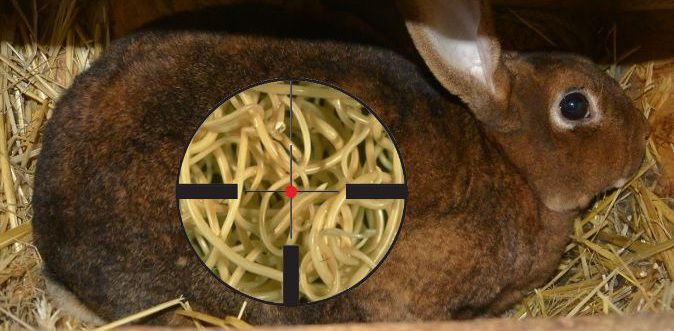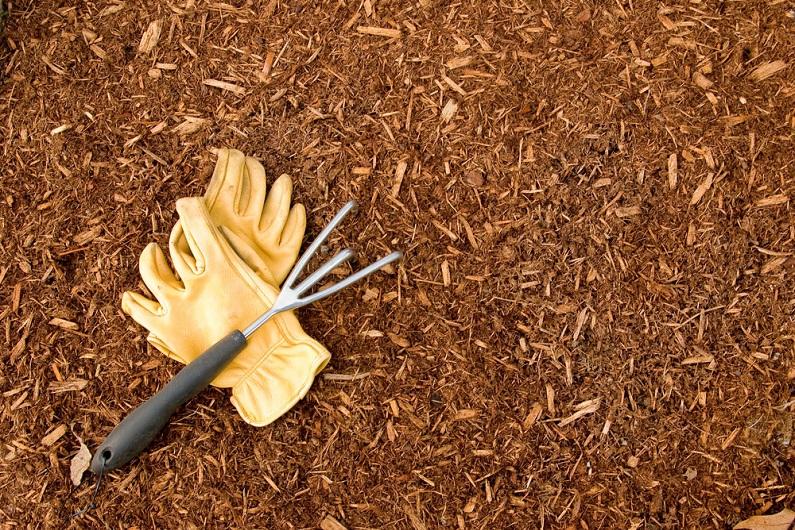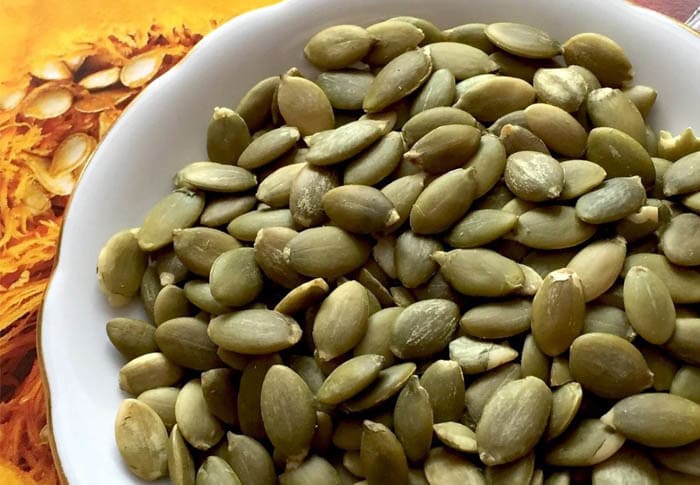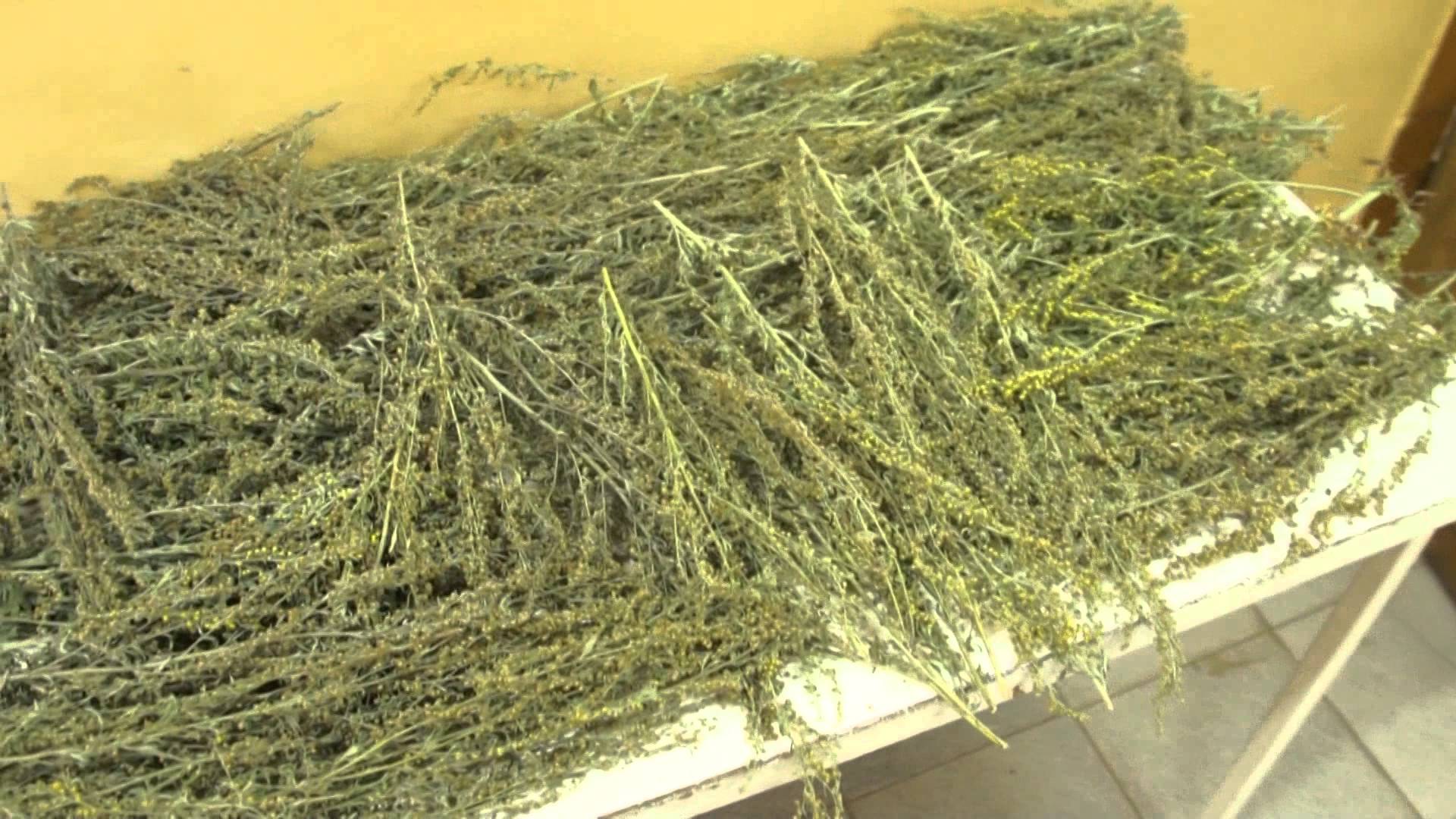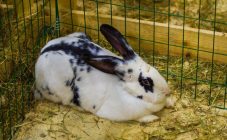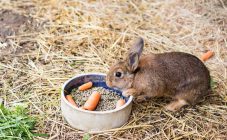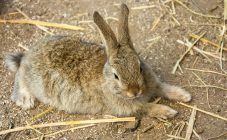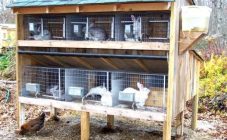Content:
Raising rabbits has recently become a popular activity. They are grown both on farms for the purpose of making a profit, and in conditions of home keeping, getting an excellent dietary meat. Regardless of their purpose, rodents require care and attention.
Every rabbit breeder at the initial stage of growing furry animals faces many problems associated not only with the maintenance, but also with the nuances of the health of their pets. Throughout its life, the rabbit is faced with various infections and diseases. Animals suffer from diseases of internal organs and systems, as well as parasitic diseases such as helminthiasis.
Symptoms of helminthiasis
If changes in behavior are observed in a rabbit, then this is the first symptomatic sign that indicates the development of various diseases, including helminthiasis. The main symptoms that indicate a worm infestation include:
- loss of body weight;
- active molt;
- drowsiness;
- diarrhea alternating with constipation;
- nausea and vomiting;
- discharge from the eyes and nose, predominantly green;
- the appearance of allergic manifestations on the body;
- impaired coordination of movement;
- increased appetite or lack thereof;
- increased thirst, as a result of which the animal often goes to the toilet;
- darkening of the sclera of the eyes;
- lethargy and inactivity of the animal;
- the appearance of itching in the anus, as a result of which the pet begins to fidget on the floor in the back.
If the owner is attentive and caring to the pets, then it will be easy to detect worms in rabbits, since the symptoms are clearly manifested. The manifestation of helminthiasis is more pronounced in young rabbits.
How does infection occur
Worms are internal parasitic worms that have a complex life cycle. Parasites can be of the following varieties:
- flukes;
- nematodes;
- cestodes.
Parasites can be infected in different ways, as they can be found in the ground, on plants, hay, bedding and equipment, as well as in the environment.
Infection in rabbits with worms can occur in the following ways:
- fecal-oral;
- contact;
- alimentary.
If other domestic inhabitants have access to the animal's cage, then the larvae of the parasites can freely penetrate into their places of detention, accumulate in the litters, and also remain in drinkers and feeders. Parasites can also enter the body as follows:
- with hay;
- grass;
- contaminated water;
- root crops;
- different feeds.
More than 20 types of worms can penetrate into the rabbit's body and develop in it, but most often flukes, large tapeworms are diagnosed in fluffy animals. According to statistics, the most common species is the rabbit pinworm, which belongs to the small roundworm.
Therapies
As soon as animals show signs of worms, deworming of rabbits should begin immediately. It can be carried out both with the help of folk methods and medication, using a medicine.How and how to worm rabbits should be decided by the veterinarian after making an accurate diagnosis and determining the type of helminths.
To achieve a positive result in treatment, you must unquestioningly follow all the doctor's recommendations. In no case should you arbitrarily treat or change the list, as well as the dosage of prescribed drugs and the duration of treatment. Correction of treatment can significantly reduce the effectiveness of therapy and aggravate the condition of the animal.
Medicines
Most often, the following antihelminthic drugs are prescribed for the treatment of worms in rabbits:
- Shustrik - this medicine helps to get rid of many helminths. The remedy is given once, the dose is calculated in each case individually, taking into account the weight of the animal. Shustrik for rabbits is produced in the form of a suspension, which is poured into the animal's mouth or mixed into food. Shustrik for rabbits in suspension has no side effects.
- The drug Dronten or Pirantel - despite the fact that these funds are less often used for treatment, they are still effective. The disadvantages of funds include the presence of pronounced side effects, but only if the animal is drunk with a pyrantel drug in excess.
- Gamavit and Albendazole - these two drugs are recommended to be taken in combination, since one is aimed at eliminating parasites, and the other is to maintain immunity. For two days Gamavit is injected subcutaneously, then Alben is added over the next three days, which is taken orally. For the next three days, only Gamavit is given, and Albena is canceled.
- Tetramisole - has an effect on worms at any stage of development, is well tolerated by rabbits and has no side effects. The only thing to consider is that it should not be given to sick and immunocompromised animals, pregnant rabbits and little rabbits.
All anthelmintics for domestic rabbits must be prescribed by a doctor. Otherwise, the situation can be aggravated. After treatment, it is imperative to process the cells and disinfect them.
Folk remedies
For a long time, many people prefer to use traditional medicine, which not only help to effectively fight helminths, but are also free. These include herbs such as wormwood, tansy, and pine needles.
You can get rid of parasites with pumpkin seeds. They contain a substance that causes paralysis in worms and leads to their death. After that, the worm leaves the body naturally.
Ways to prevent helminthiasis
It is easier to prevent any disease than to get rid of it. Therefore, prevention requires maximum attention. Of course, it will not be possible to completely eliminate the possibility of infection, but we must try to reduce it to a minimum.
First of all, it is required to provide the animals with the necessary conditions for keeping. Rabbits are recommended to be kept in clean, spacious and well-ventilated cages. At the same time, avoid drafts. It is necessary to clean the cages regularly, clean working equipment, feeders and drinkers. It is recommended to minimize contact of rabbits with other household inhabitants.
To prevent infection, you need to monitor the purity of the grass. It is better to harvest it only in proven areas, as far as possible from landfills or cattle burial grounds. Be sure to include tansy, wormwood and iodine in the diet of animals.
To avoid the appearance of parasites in rabbits, it is recommended to periodically solder the animals with special anthelmintic drugs intended for rabbits. Preparations for prophylaxis can be given to rabbits only from 3 weeks of age.
It is worth taking care of the immunity of furry pets.For this, experts advise to systematically vaccinate. Vaccination will help protect the animal from various diseases and increase its immunity.
